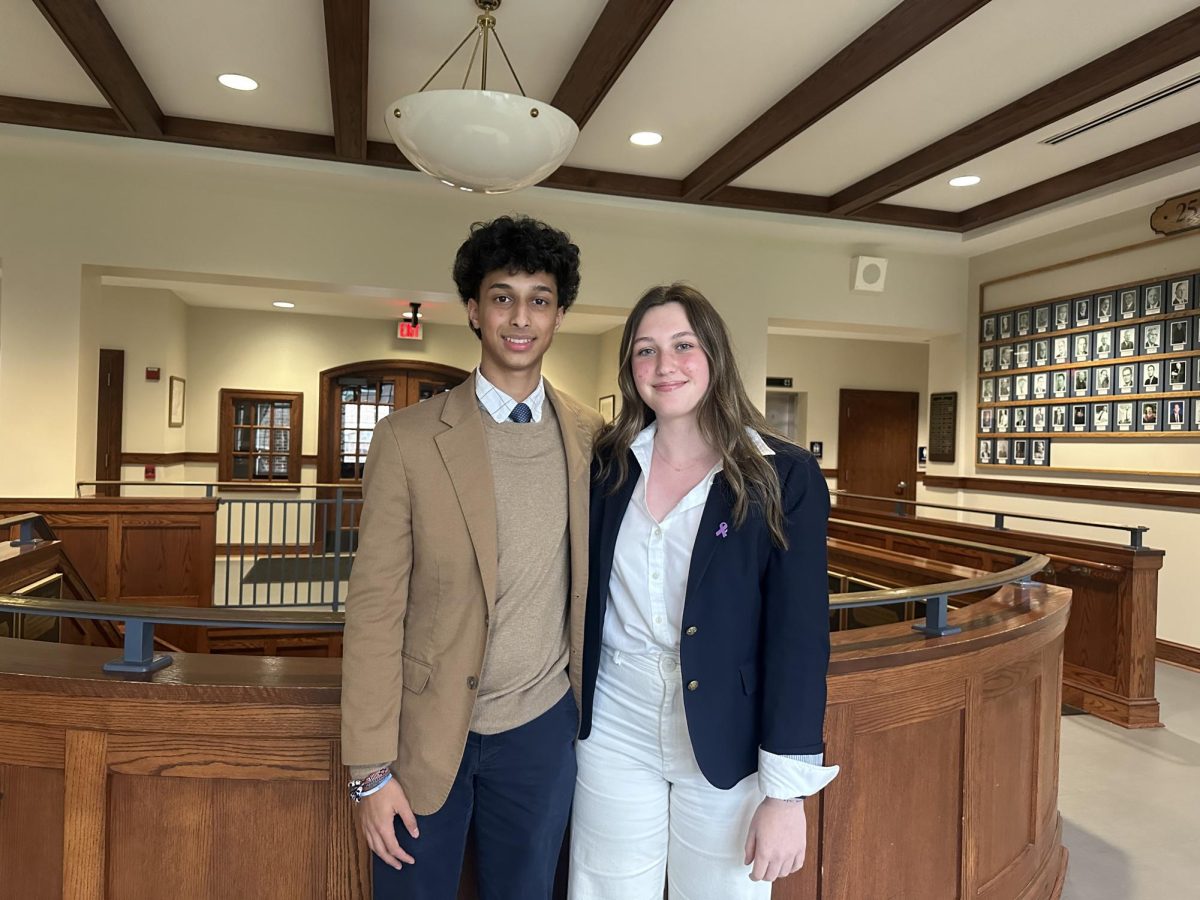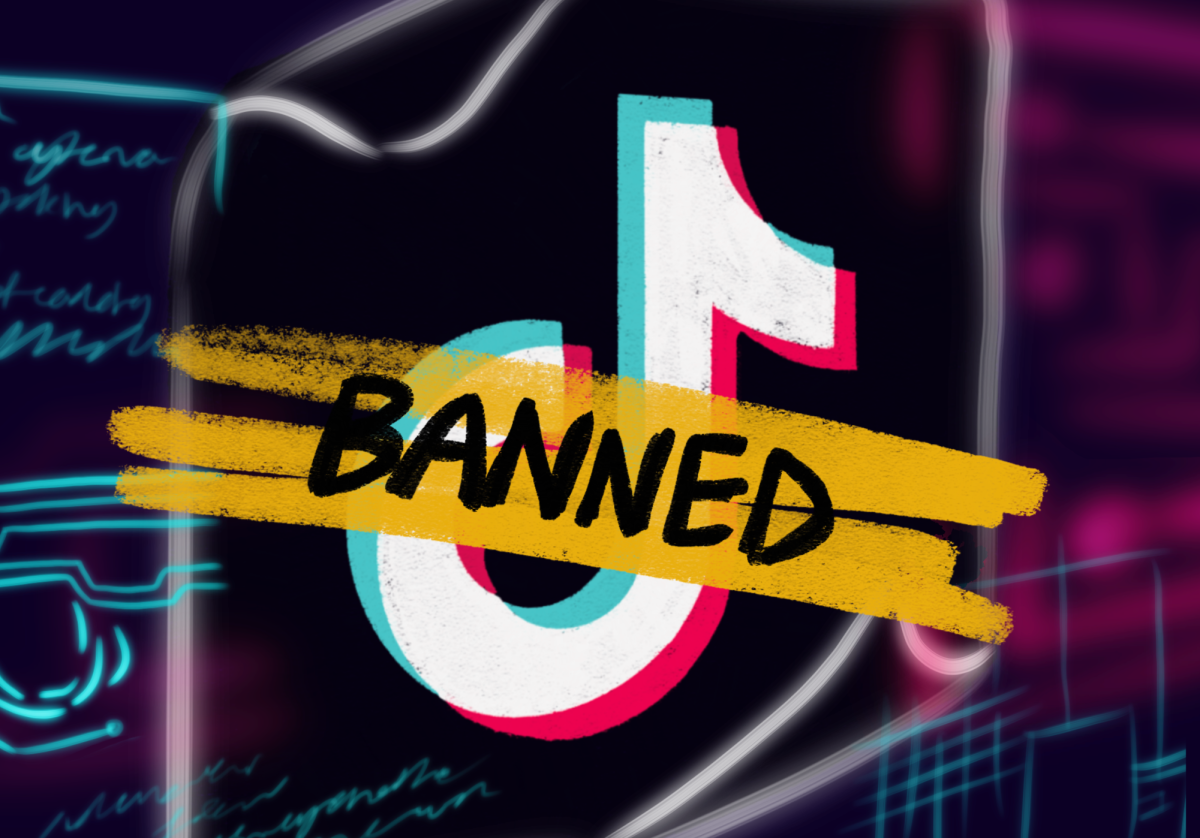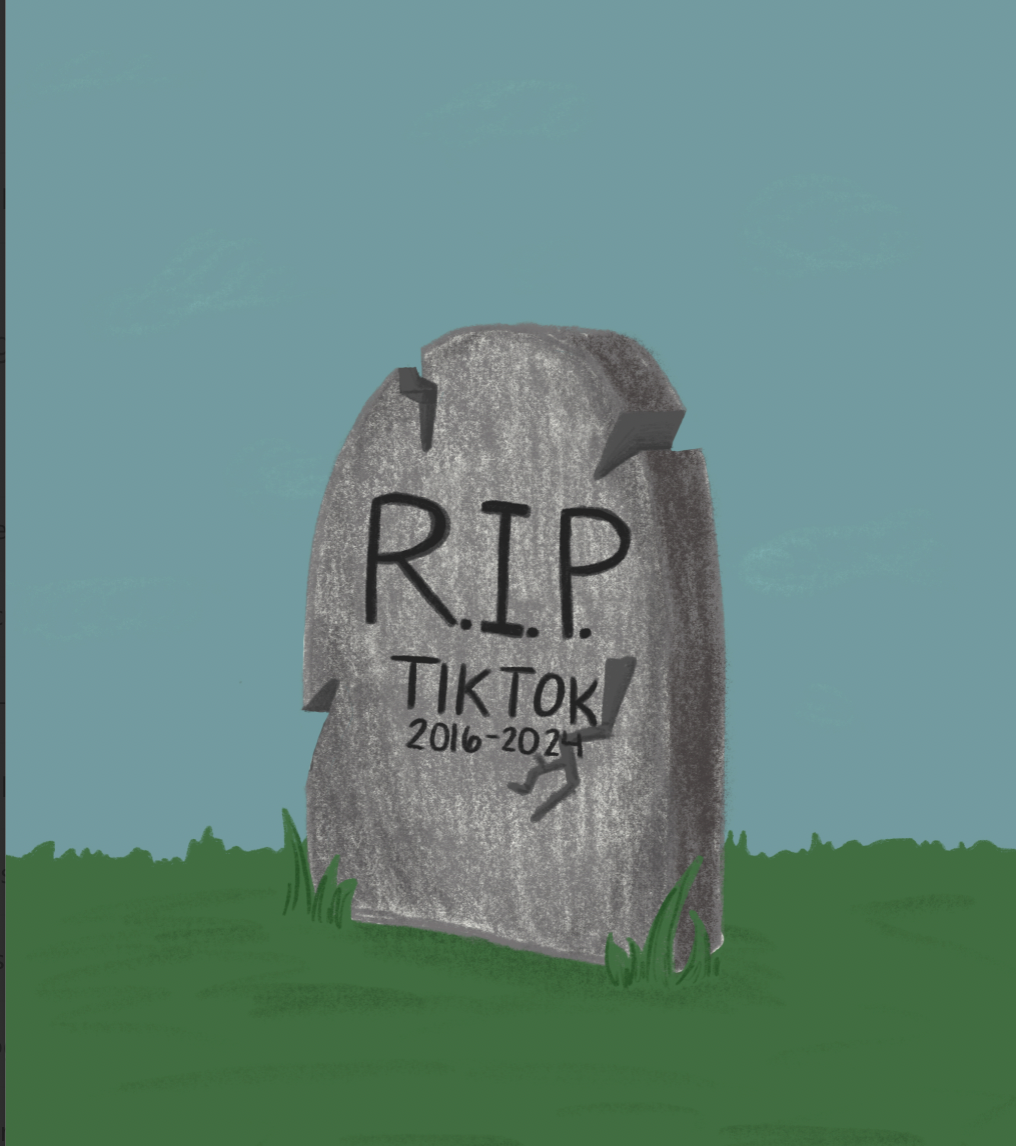Potential Tiktok ban worries student users across the country
Media: Google Images
Many students are among the 150 million TikTok users in the United States, many of which being younger Americans.
In April, Congress convened on a potential TikTok ban, arguing that the app represents a threat to national security since it shares user data with the Chinese government. The Restrict Act, proposed by Democratic Senator Mark Warner of Virginia and Republican Senator John Thune of South Dakota, if passed, would grant President Biden the ability to ban TikTok.
The Restrict Act could potentially ban other popular Chinese apps, such as retail apps Shein and Temu, and the messaging app, WeChat. This would not be the first time the U.S. has banned Chinese technology products. In 2019, President Trump issued an executive order banning telecommunications equipment from Huawei Technologies, a large multinational technology corporation in China.
History Teaching Fellow Nicholas Malinak, pointed out that while it falls under Congress’ jurisdiction, the age demographics of its members indicate a potential lack of awareness.
“The average age in the Senate is 64 and the average of the House is 58,” said Malinak.
Malinak emphasizes that the debate surrounding TikTok “is not about whether TikTok should be banned,” but about “whether or not members of Congress like TikTok.”
In a survey on American reactions to the potential TikTok ban, CNN reporter Brian Fung states that “opposition to banning TikTok is significantly higher among young Americans” with “46% of respondents” between the ages 18-29. Since TikTok targets the younger generation, a TikTok ban inevitably impacts the younger generation.
Malinak explains, there is a “reason for ‘why TikTok?,’” and not Facebook or Instagram, faces pressure from Congress.
Malinak says, “In China, a lot of the companies are owned by the Chinese government” or people affiliated with the government.
However, whether the government will ban TikTok only on government devices or throughout the entire U.S. remains unclear. Republican Senator Rand Paul of Kentucky believes that any ban on TikTok infringes on the First Amendment.
History and Social Sciences Fellow Samantha Walther elaborated on how TikTok’s popularity and affiliations contributes to the decision to ban the app.
“It is simply the most popular app in the U.S. and has clear connections to Chinese businesses and founders, bringing it to the forefront of a much larger political contest,” said Walther.
TikTok has become so ingrained in American culture that it is hard to imagine life without it. Its ban could also raise questions about our constitutional rights. The debate surrounding TikTok, however, highlights the challenges of balancing technological advancement, cultural exchange, and national security.



























